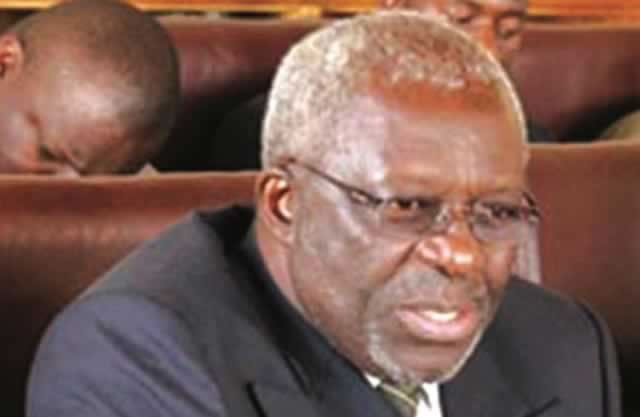Editorial Comment: US re-engagement initiatives welcome

WE welcome efforts by the United States government to re-engage with Zimbabwe and hope the initiative will lay the building blocks towards normalisation of relations. Zimbabwe has always maintained that it has no quarrel with the US but Washington had been sucked into a bilateral dispute between Harare and Britain.
The genesis of Zimbabwe’s problems with the West was the land reform programme at the turn of the millennium and the United Kingdom government successfully managed to arm-twist the rest of the world into shunning Zimbabwe and imposing sanctions. The so-called Zimbabwe Democracy and Economic Recovery Act sponsored by hardline elements within the US Congress was meant to make the Zimbabwean economy “scream” so that ordinary people would turn against their government but so far this has proved unsuccessful.
The scorched earth foreign policies of Western governments seem to have emboldened Zimbabweans who have responded to regime change machinations by voting overwhelmingly for the ruling Zanu-PF party in successive elections. The resounding victory of President Robert Mugabe and his party in the 2013 harmonised elections confounded merchants of doom and spelt the end of the hostilities between Zimbabwe and countries in the European Union.
Since then, re-engagement efforts have been ramped up by the likes of Britain, Denmark and Belgium who have sent high level delegations to Harare to explore trade and investment opportunities. The EU has also removed sanctions on many senior government officials as it seeks to normalise relations. Only last year two members of the EU — Germany and Austria — expressed willingness to work with Zimbabwe. The two countries financed the construction of an independent water scheme in the dormitory town of Norton.
We feel the US needs to follow suit and drop all forms of punitive measures on Zimbabwe if it is sincere in its re-engagement initiatives. We reported at the weekend that the US was joining several Western nations warming up to Zimbabwe and had dispatched two senior officials to Harare this week. The two are Dr Shannon Smith, who is the Deputy Assistant Secretary for African Affairs and Deputy Assistant Secretary in the Bureau of Democracy, Human Rights and Labour, Steven Feldstein.
According to a statement released by the US embassy in Harare on Wednesday, Dr Smith and Feldstein would be in the country from tomorrow up to Saturday.
Foreign Affairs secretary Ambassador Joey Bimha said the delegation would meet the government of Zimbabwe officials at various levels during its five-day visit.
“Yes I can confirm that they’re coming,” he said. “They (US government) say they want to engage and they will engage government at various levels.”
Although Ambassador Bimha said he was not yet privy to the issues to be discussed, it is understood that Washington was keen to explore ways of thawing its frosty diplomatic relations with Harare.
During their stay, the two US officials would also meet representatives of the business community and the civil society.
On its website, the US embassy in Harare said: “The visit will enable the officials to hear first-hand from representatives of government, representatives of opposing political parties and civil society organisations about issues including human rights, democracy and governance since the adoption of Zimbabwe’s constitution in May 2013.”
We urge the US officials to come with an open mind and be truthful when they report back to their principals in Washington. Zimbabwe has said it is open to work with like-minded nations in re-establishing all forms of relations. We are aware that Western nations are unnerved by the influence of China and Russia in Africa and view them as a threat to their hold on the continent.
Zimbabwe like other African nations has adopted a Look East policy that has seen it having a firm and mutually beneficial relationship with Beijing. China’s foreign policy recognises the need to respect other nations’ territorial integrity and prioritises non-interference in its partners’ internal affairs. Because of this, it has gained the respect of many countries, Zimbabwe included.
The country has also strengthened its relations with Russia and President Mugabe is currently in that country on a mission to deepen trade and investment ties. So as the US seeks to thaw relations with Zimbabwe, it should be mindful that the country will not bend over backwards to accommodate it particularly in its indigenisation and economic empowerment drive. The land issue is also non-negotiable.










Comments